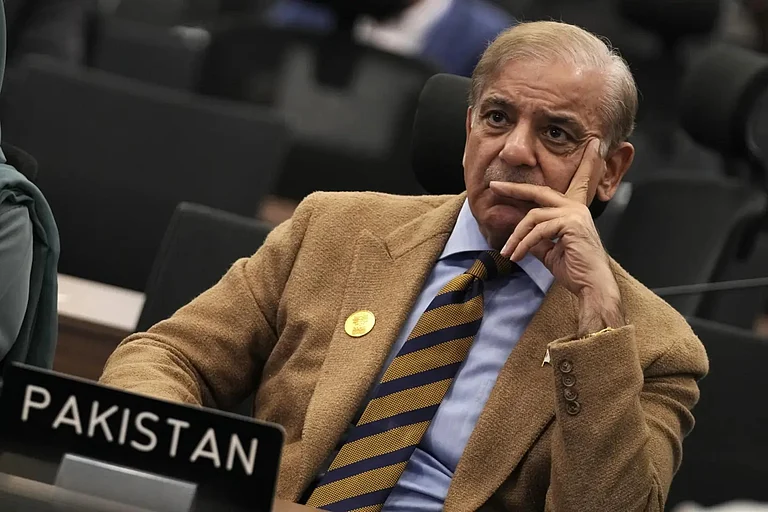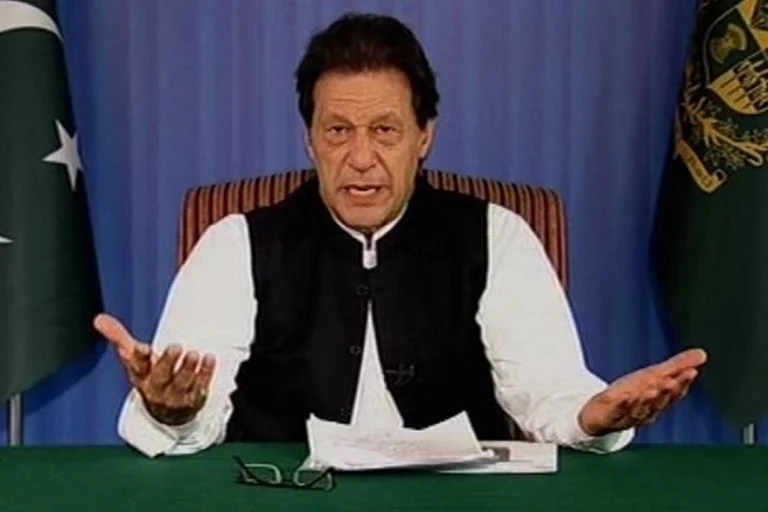Pakistan’s National Security Committee convened a meeting on Thursday to decide a response to India’s stringent diplomatic measures in the wake of Tuesday’s terror attack that killed at least 26 civilians in Pahalgam’s Jammu and Kashmir, Radio Pakistan reported.
Pakistan’s Prime Minister Shehbaz Sharif presided over the meeting. The meeting was attended by high-ranking civil and military leaders to assess the country’s diplomatic and external response in the aftermath of the terror attack.
Late on Wednesday, Indian counterpart Narendra Modi chaired the Cabinet Committee on Security meeting which went on for over two hours. After its conclusion, the 1960 Indus Water Treaty’s revocation was announced.
How has Pakistan reacted?
Ishaq Dar, Pakistan’s Deputy Prime Minister, criticized India for being “immature” and “hasty”, Pakistan’s newspaper Dawn reported.
“India has not given any evidence. They have not shown any maturity in their response,” Dar said. “This is a non-serious approach. They started creating hype immediately after the incident.”
In a separate statement on Wednesday, Pakistan’s Foreign Ministry expressed sorrow over the lives lost, PTI reported.
In diplomatic escalations, India on Wednesday announced suspension of SAARC visa privileges for Pakistani dignitaries and has asked them to leave the country within 48 hours. Defence, navy and air advisors in the Pakistani High Commission in India have also been declared “persona non grata”. The number of diplomats in both countries will be reduced to 30, from the current 55.
The country has also closed the Wagah Attari border till May 1, 2025.
The two nuclear nations have had many wars, verbal disputes and diplomatic tensions for decades; the Indus Water Treaty also repeatedly being a bone of contention.


























